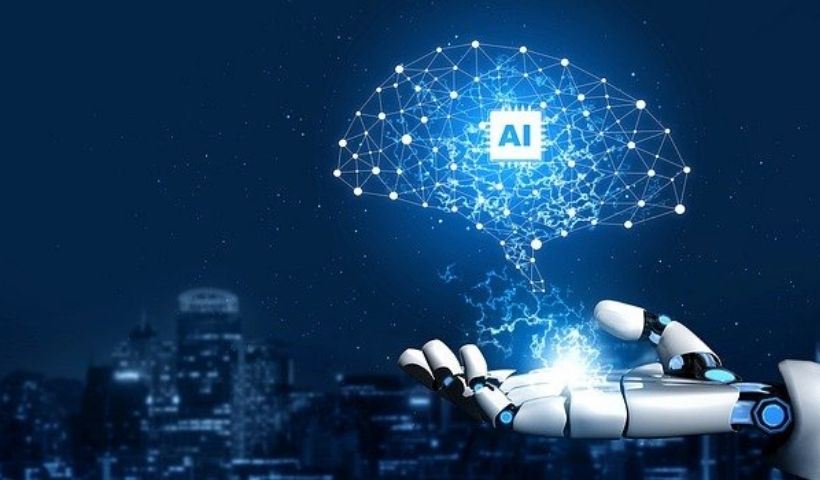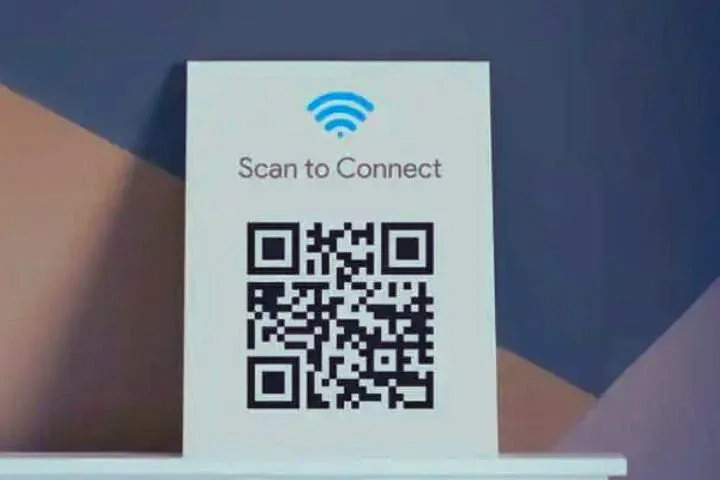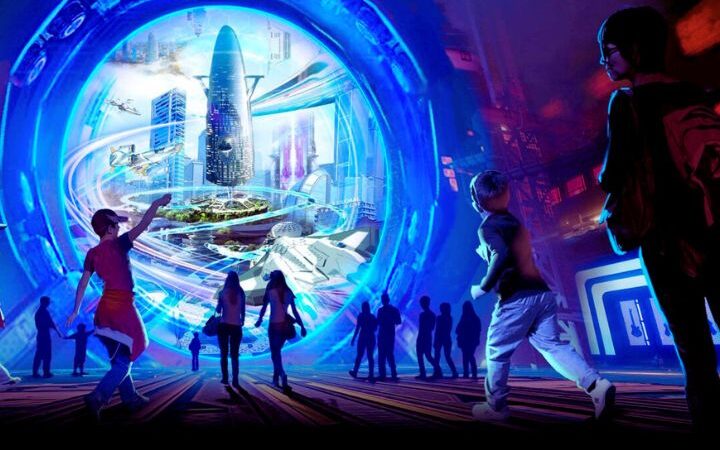6 Ways Artificial Intelligence Is Revolutionizing Retail

Artificial intelligence has a huge impact on retail. Today, robots help, for example, to check inventory, monitor when floors are dirty, and much more. Because supermarkets often struggle to cope with workforce challenges, for example, robots help them manage consumer traffic patterns and track price tags. Robots also provide business intelligence when it comes to consumers’ buying behaviors and reactions.
At the Retail’s Big Show, the National Retail Federation’s conference held last month in New York City, a drone that helps stores monitor shelf inventory was presented. Artificial intelligence, combined with predictive analytics, will provide retailers with data on which products will sell the most and how to personalize the products they offer.
Retailers are turning to technology to meet customer expectations and cope with tight margins.
Table of Contents
Here Are 6 Other Technologies That Are Revolutionizing Retail:
-
Caper presents its smart shopping cart
Caper, a retail technology provider based in Brooklyn, New York, has developed a smart, self-controlled shopping cart that uses computer vision, sensor fusion, and three cameras to automatically set up items placed in the cart.
The first time a product is placed in a cart, the customer must scan it so that the cart can learn about the product. After this first scan, the computer vision functions take over and the item can simply be placed in the shopping cart. Caper automatically calculates the price without shoppers downloading an app.
When they are done shopping, they can check out using the credit card readers on the shopping cart. They can use mobile payment or a credit card. Customers can then remove their bags and leave.
In the future, this shopping cart via an integrated tablet will also offer recipes for the products placed in the cart.
-
“Spoon Guru” app uses Artificial Intelligence to help consumers with food allergies
A food search and discovery engine, Spoon Guru offers a mobile app that uses artificial intelligence to help allergy sufferers locate products in a store. They will be able to know if the products contain ingredients compatible with their needs. The app scans digital shelf labels , uses tags, and integrates with store kiosks. By scanning a barcode, consumers can find out which foods in a store are safe for them. For example if the products are nut-free or gluten-free. The service supports 180 dietary attributes.
-
Ocado uses Google Cloud Machine Learning to handle customer complaints
Ocado, a UK-based online grocer, uses Google Cloud Machine Learning Engine to increase the speed of shopping data analysis and improve customer experience. When customers write to Ocado with complaints, Ocado may use a template to sort and categorize incoming messages.
According to Google, Ocado can respond to emails four times faster. The online grocer can prioritize emails for response.
-
Heasy the Robot points its customers in the right direction
Digital kiosks have been around in airports, malls and train stations for years, but now companies like Hease Robotics are making them a bit more mobile. The company claims that mobile kiosks will bring 20 times more interactions than a stationary kiosk.
The company has deployed the Heasy robot in retail outlets in countries including Denmark, France and Germany. You can find Heasy the robot in the Eleclerc hypermarket.
The bot can easily scan a customer’s loyalty card and display relevant offers for that customer. The company’s software then collects data to address a mall’s pain points, such as how long a customer spends in stores. He also has the function of directing customers around the store.
The ultimate goal of AI products like Heasy the robot is to provide the most relevant data to help customers and retailers. For merchants, it’s data on how to sell more products and increase revenue. For consumers, these data are used to enrich, satisfy and guide them in the best possible way.
-
AWM Smart Shelf Pushes: targeted product information
A new technology that could keep customers interested in physical stores. One such product, the AWM Smart Shelf, is equipped with LED displays screens and targeted product information tags. The cameras collect data on buyer behavior and demographics to personalize the videos they display.
The AWM Smart Shelf can personalize videos based on age or gender. AI (Artificial Intelligence) components monitor shelf availability within a point of sale. Smart shelving integrates cashierless checkout through computer vision. The platform detects products that have been removed from the shelves and adds them to the customer’s cart. Customers are then billed through their e-wallet.
-
The Aziro Zone24x7 robot does inventory in stores
Department stores are testing a robot called Aziro from Zone24x7 ( global technology innovation company ). It has a self- contained detection system that uses radio frequency identification (RFID: Radio Frequency Identification gold RFID is a method of storing and retrieving data remotely using markers called “radio tags”) to verify shelf inventory.system
According to Zone24x7, RFID can help increase the accuracy of inventory counts and improve the ability to locate items in a store. In addition to being used in stores, the Aziro robot will be used in warehouses and distribution centers.
The Aziro robot is equipped with 3D sensors , bumpers, sonars as well as laser rangefinders to facilitate navigation in a store. As is the case with many devices these days, the Aziro robot can be controlled remotely.






